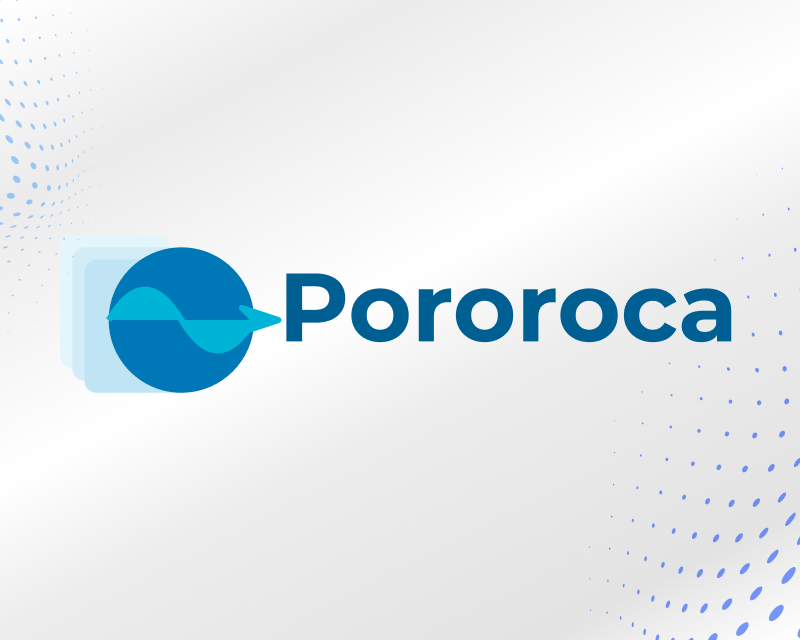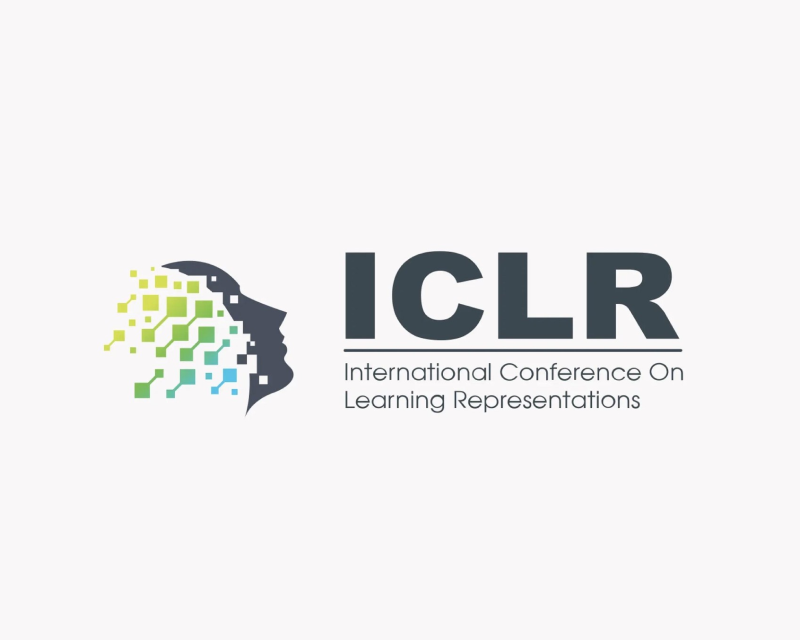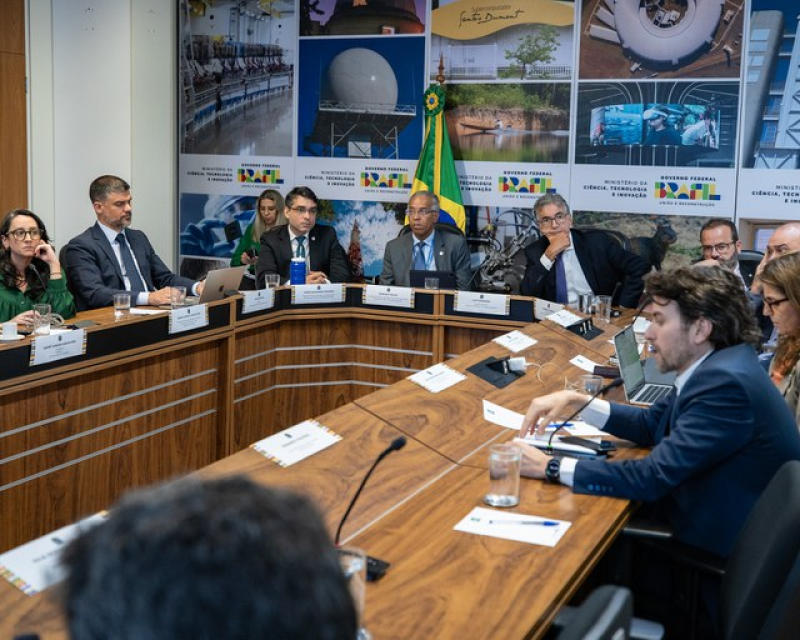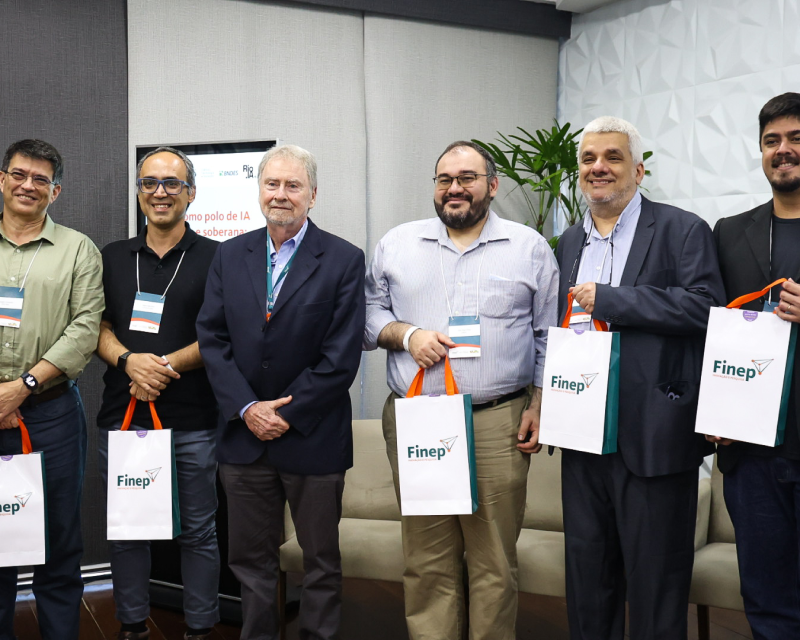Pororoca: the Brazilian artificial intelligence that translates climate science for everyone
Sep, 05 2025

Researchers, students, or simply curious people now have a technological ally to navigate the vast and complex universe of scientific articles. Developed by the Artificial Intelligence Institute of the National Laboratory for Scientific Computing (LNCC), the Pororoca system is an innovative tool designed to provide fast and reliable scientific answers, specializing in meteorology.
The platform allows any user to ask questions about topics such as climate change, weather forecasting, or natural phenomena and receive accurate answers generated from scientific literature, without the need to read and decipher dozens of complex articles. Everything is done with complete transparency, as the system always cites the original sources, maintaining academic integrity.
Pororoca works in two main steps. First, the system performs an intelligent search of article abstracts, selecting the most relevant excerpts for the user’s question. The algorithm prioritizes recent studies but does not ignore classic and fundamental research when it is necessary for context. Next, an advanced AI model processes and synthesizes all this information, generating a coherent and precise answer that includes direct links to the original articles, allowing for immediate in-depth exploration.
Unlike conventional chatbots or search tools, which operate based on pre-programmed knowledge, Pororoca retrieves its information directly from the most up-to-date body of scientific knowledge. This innovative approach accelerates researchers’ work in their literature reviews, provides students with clear explanations straight from the source, and serves as a robust channel of scientific communication for ordinary citizens to understand climate phenomena based on evidence.
At the moment, the system is available only in a demo version on the Netuno server, but an updated version will be presented during the IIA-LNCC 2025 Workshop.
For specialists who wish to learn about the technical and methodological details behind the tool, the full article is available in the Research Square repository: https://doi.org/10.21203/rs.3.rs-7055155/v1


